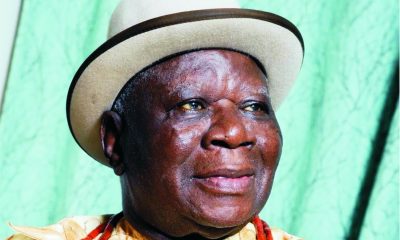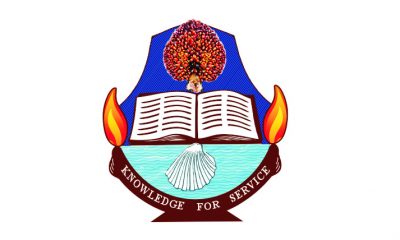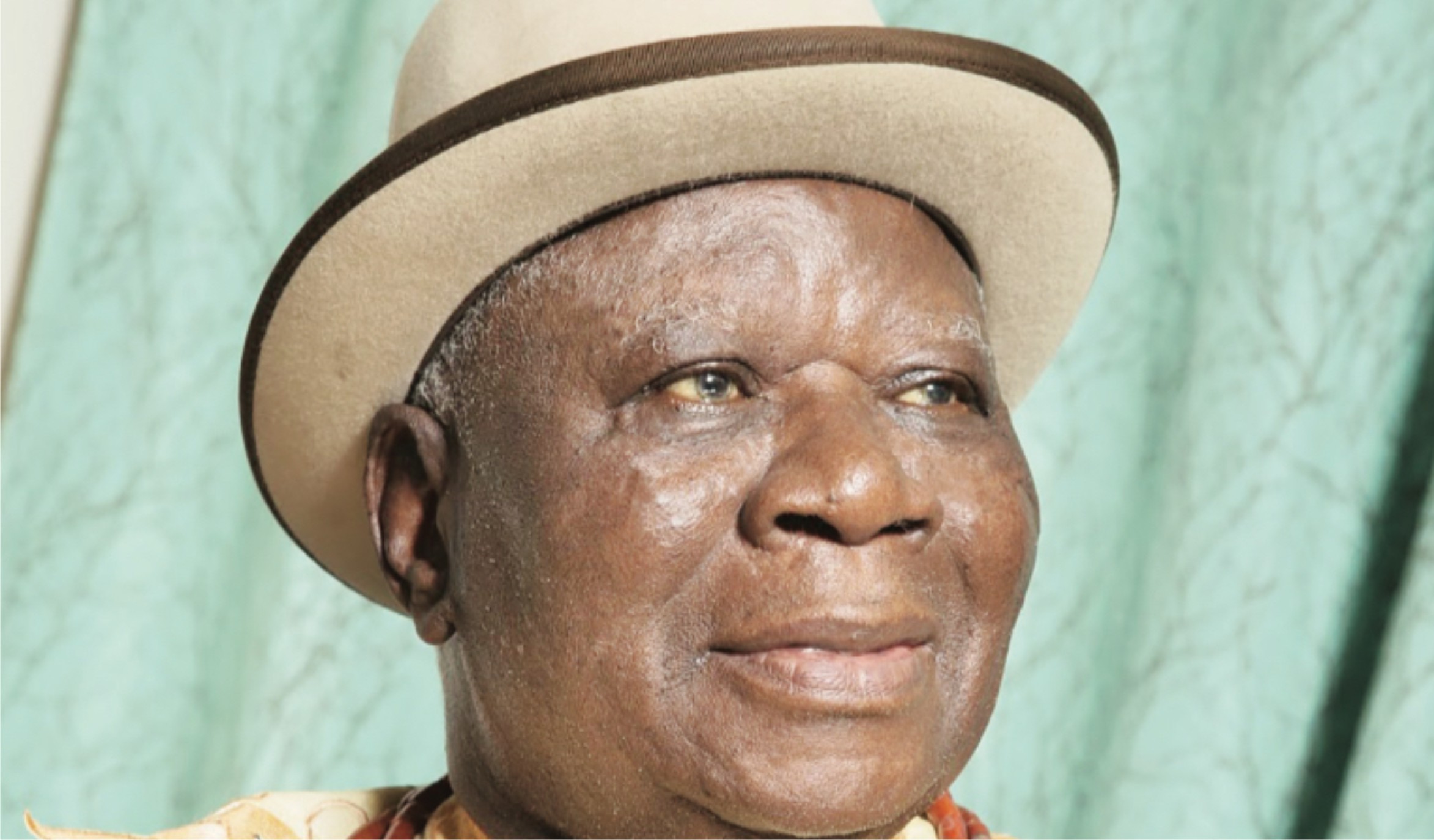Rivers
Don Urges Fish Farm Establishment To Boost Economy
A university Don, Professor Fayeofori Gbobo Bob-Manuel, has called on the Federal and State Governments to focus more attention on Fisheries and Aquaculture value chain through the establishment of large scale fish farms all over the country because of its potential economic benefits to the nation.
Professor Bob-Manuel made the call while delivering the 43rd inaugural lecture at Ignatius Ajuru University of Education (IAUE) on the topic, “Blue Ecosystem Resources: Unharnessed Black Gold for Sustainable Development in Nigeria”, on Thursday.
He also called on Local Government Council Chairmen to redirect the focus of the youths from oil bunkering to fish farming, and oil companies operating in the country on the need to establish fish farms as well.
The Professor of Fisheries and Aquaculture further encouraged Nigerian Universities to grow fish as part of their integrated Agricultural programme in order to make the University community self-sufficient in its fish needs.
He revealed that despite the abundance of water bodies, Nigeria spent 30 billion naira importing fish in the last quarter of 2020, with about 1.2 billion US dollars’ worth of fish imported into the country annually, describing the development as “a serious drain on the country’s scarce foreign exchange.
Noting that if concerted effort is not made by both government and the private sector to improve domestic fish production, fish importation would continue to be on the increase, leading to greater drain on foreign exchange.
According to him, “Nigeria is endowed with blue ecosystem resources which lie unharnessed under its waters, oceans, seas, rivers, lakes, and creeks.
“If the resources in the nation’s waters are properly harnessed they could give the economy a boom and make Nigeria rank among the fastest growing economies in the world without oil and gas.
“Fisheries and aquaculture make up three to four percent of the country’s GDP, contributes to fulfilling the population’s nutritional requirements, accounts for about fifty percent of the supply of animal source food and an important source of essential dietary nutrients.”
He, however, noted that despite the potentials for fish production through aquaculture, artisanal and inland fisheries, domestic fish production still falls far below the demand.
According to the inaugural lecturer, increased human activities through industrialisation, urbanisation, population growth and overall man’s greed to over exploit mother nature have created a serious threat to all kinds of life through pollution, which has become a global problem.
He affirmed that since all other life forms depend directly or indirectly on water, aquatic pollution is often regarded as a great concern to man.
Prof. Bob-Manuel lameted that the exploration and exploitation of crude oil and its related activities in the Niger Delta have impacted negatively on the aquatic fauna in the region, constituting a threat to the biodiversity of fishes.
The effects, he observed, “is that local indigenous people who do not have improved standards of living, are suffering from the serious damage to their natural environment”.
He estimated that a proper clean-up of the region, including full restoration of swamps, creeks, fishing grounds and mangroves could take twenty five years and is bound to affect fisheries and aquaculture production because of the limitation the situation places on harnessing the potentials in the sector.
Nigeria, according to Professor Bob-Manuel, ranks 160 out of 166 countries with regards to progress towards meeting the United Nations Sustainable Development Goals, hinting that five million more rural poor and the low income group in Nigeria live in poverty and suffer from malnutrition.
The University Don, therefore, called for a ban on the importation of fish, while advocating massive production of fish for domestic consumption and export.
He also made a case for fresh water and brackish water fish culture to grow fish in the rural areas where there is a ready market to save a lot of foreign exchange.
Additionally, he said, there should be “a substantial increase in fish supplies needed to bridge the demand and supply gap in coming decades with the use of modern technology and improved farming practices to support sustainability of production”.
In his speech, the Vice Chancellor of the university, Professor Okechuku Onuchuku, commended the inaugural lecturer for stressing the need to use natural resources to grow the economy and improve the general well-being of the people by focusing more on the fisheries value chain.
He also thanked him for advocating proper management of the environment in order not to destroy the growth of the future economy while trying to meet up today’s needs.
Also speaking, the Acting Registrar, Mr Donald Okogbaa, lauded Professor Bob-Manuel for the expository lecture and for doing justice to the topic, adding that the points raised should be a food for thought for everyone.
By: Sogbeba Dokubo
Rivers
Experts Urge Fubara On Youth Marine Safety Training
Rivers
Association Boss Urges For Professionalism, Efficiency Among Memebers
Rivers
Redeem Your Financial Pledges, Oxfam Urges Nations
-

 News5 days ago
News5 days agoFubara Expresses Grief, Commiserates With Family Over Death Of Pa Edwin Clark
-
Business5 days ago
NCDMB, Starzs Gas Upbeat On Industrialisation …Unveil CNG Project In Delta
-

 Niger Delta5 days ago
Niger Delta5 days agoUNICAL VC Institutes Scholarship To Reward Academic Excellence
-
Sports5 days ago
Aruna Eyes Title Defence, W’Cup At African Cup
-
Politics5 days ago
Alleged Free 2027 Presidential Ticket To Obi Misleading – ZLP
-

 Featured5 days ago
Featured5 days agoTinubu, Buhari, Others Mourn As Edwin Clark Dies At 97
-
Business5 days ago
Diri Laments Revenue Deprivation …As Mutfwang, Abbas Unveil Projects In Bayelsa
-
Niger Delta5 days ago
Okpebholo’s Aides Lead Cancer Awareness Walk In Benin … Offers Free Screening

